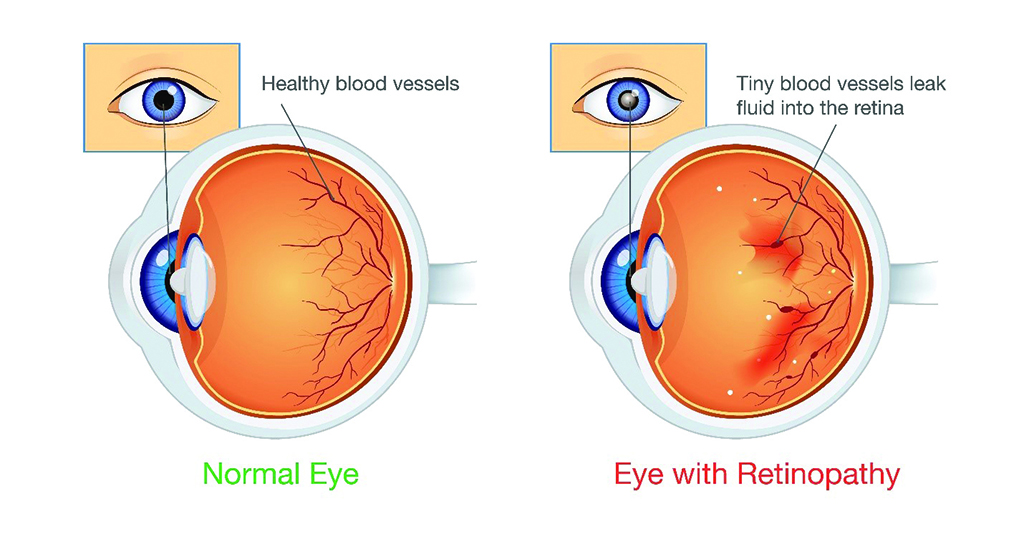By Dr Mohammad Karam
KUWAIT: Diabetic eye screening is essential because it aids in the prevention of sight loss. In individuals with diabetes, the eyes are at risk of damage from diabetic retinopathy. This condition can be detected early through screening before any changes in the vision. It occurs when the small blood vessels are affected by diabetes, damaging the retina - the back part of the eye.
Untreated diabetic retinopathy can lead to leakage or blockage of the blood vessels in the retina, which ultimately affect eyesight. If the condition is detected early, treatment is effective at reducing or preventing damage to your sight. Screening is offered five years after the initial diagnosis of type 1 diabetes or to anyone with diabetes over the age of 12 every year.
It can detect early signs of retinopathy, if you need to start treatment or if you need more frequent checks. A few practical tips for the day of screening include bringing all your glasses or contact lenses along with a lens solution for contacts, bringing sunglasses as your eyes may be sensitive after the eye drops, and bringing someone to drive you home as your vision may be affected for a few hours. During the screening visit, we temporarily enlarge your pupils by putting drops in your eyes, which may sting. Photographs of the back of the eye will be taken through a camera device without directly touching the eyes. The photographs will be sent to an expert to review.
Overall, the appointment should last no longer than 30 minutes. Follow up visit will be scheduled for the results.
Prevention is better than cure. There are several precautions that you could take to reduce your risk of developing diabetic retinopathy. First and foremost, control your blood sugar levels as effectively as possible through diet, exercise, and your prescribed medications. Take medications as prescribed by your diabetes doctor. Secondly, visit your doctor regularly to check if your blood is raised. Finally, seek advice from your doctor if you have a problem with your eyesight and attend your diabetic eye screening appointments regularly.
Note: Dr Mohammad Karam works at the Al-Bahar Ophthalmology Center.











